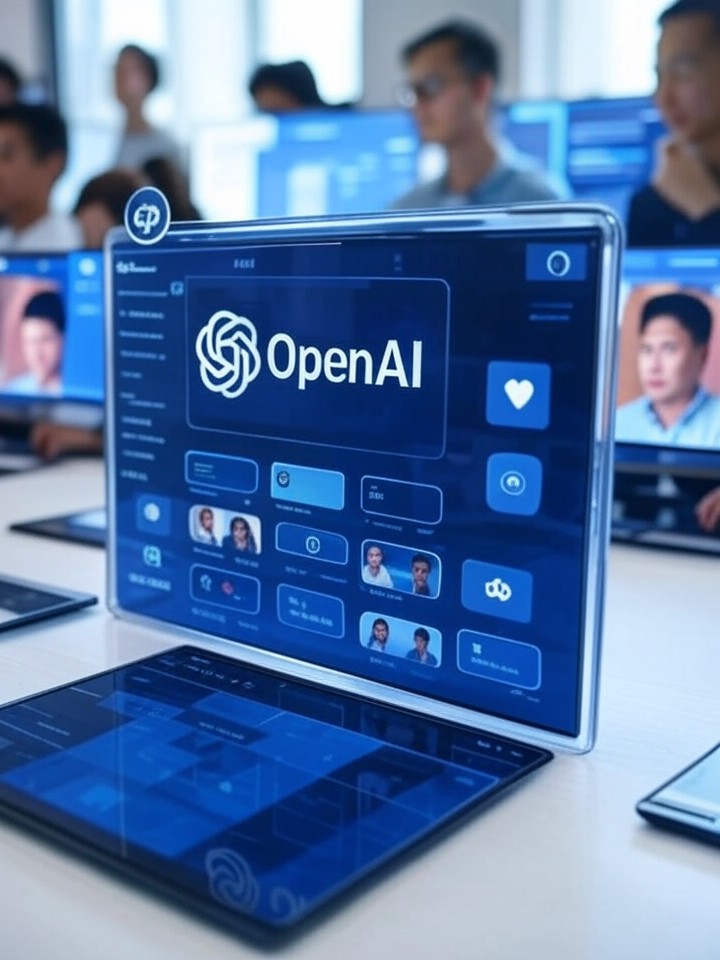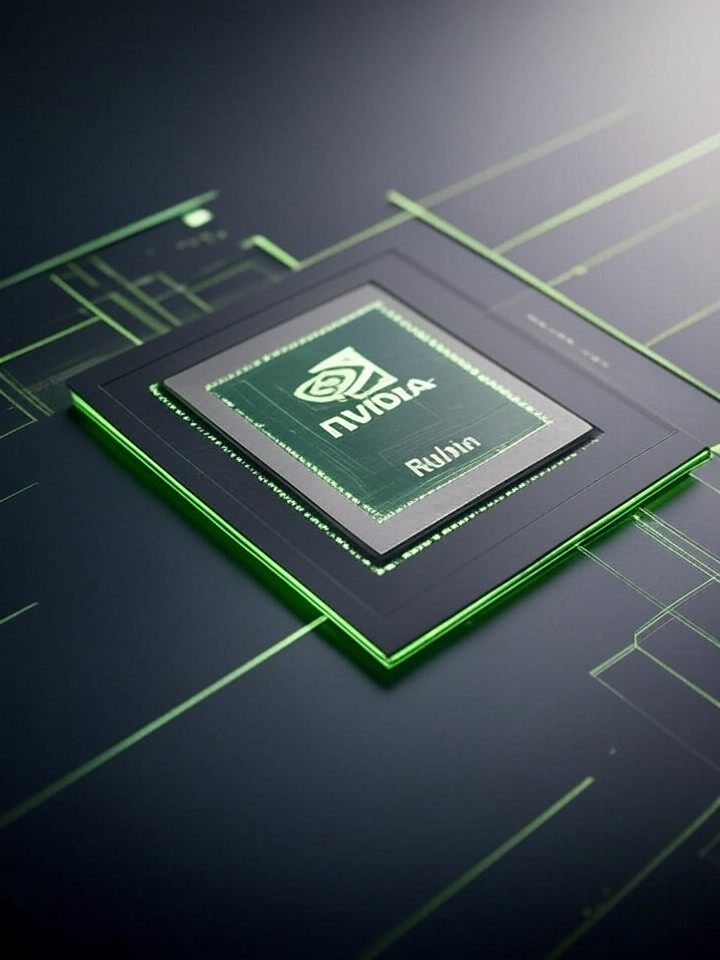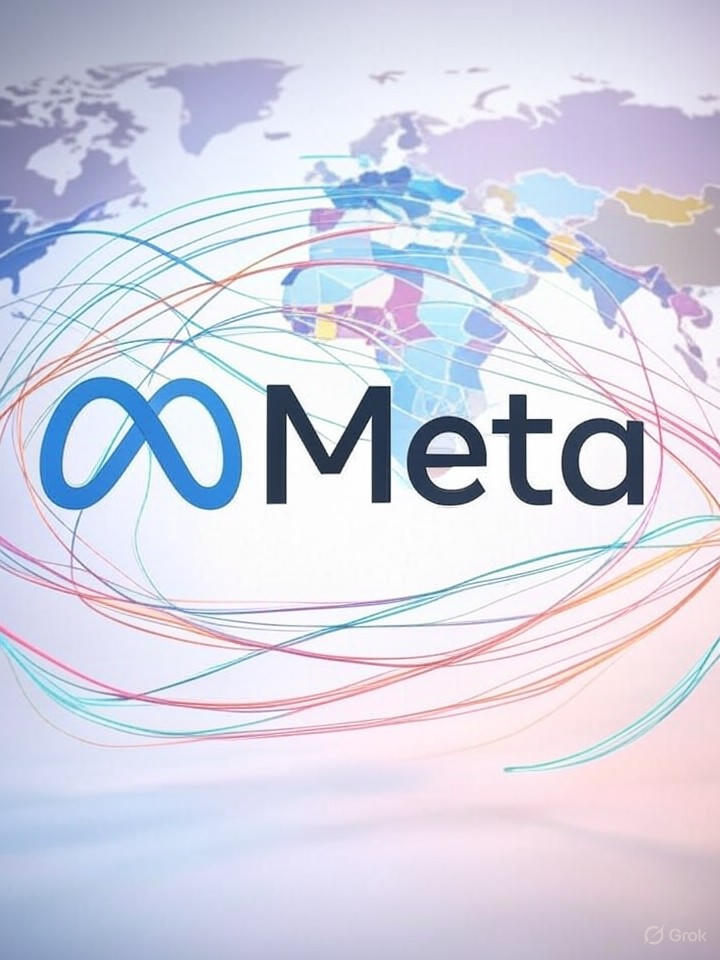Wiz Report Highlights Security Lapses Amid Global AI Expansion
The global AI race continues to intensify, with major tech firms such as Meta leading groundbreaking innovations in artificial intelligence. Meta’s latest advancement — expanding its AI speech recognition technology to encompass over 1,600 languages — marks a significant milestone in making AI accessible across cultural and linguistic boundaries. However, as innovation accelerates, a growing concern emerges: an alarming disregard for essential cybersecurity practices. According to recent research by cybersecurity firm Wiz, 65 percent of top AI companies analyzed had leaked verified secrets on GitHub, including API keys, tokens, and sensitive credentials. This revelation underscores how the rush to develop and deploy AI solutions can compromise digital safety.
Meta’s AI Speech Recognition Expansion: Breaking Barriers in Language Diversity
Meta’s ambitious expansion of its AI speech recognition models is a major stride toward inclusivity in digital communication. By incorporating more than 1,600 languages, Meta aims to ensure that millions of speakers of underrepresented languages can interact with technology more effectively. This project not only enhances accessibility but also positions Meta as a key player in global AI development. The company’s work in speech recognition is critical for applications spanning transcription, translation, content moderation, and voice interfaces.
Why Language Diversity Matters in AI
Despite rapid technological progress, many languages remain digitally invisible. Large-language models and speech recognition systems have historically focused on prominent global languages such as English, Mandarin, and Spanish. By bridging these gaps, Meta contributes to preserving linguistic diversity and extending the benefits of AI-driven communication tools worldwide. This advancement also plays a role in the broader objective of building inclusive AI ecosystems that represent the richness of human language.
The Dark Side of Rapid AI Growth: Security Shortcomings Revealed by Wiz
While AI advancements like Meta’s are commendable, the latest Wiz report sheds light on an alarming trend — the neglect of fundamental cybersecurity hygiene among AI developers. Wiz’s analysis, covering 50 leading AI firms, found that nearly two-thirds had inadvertently leaked sensitive information on GitHub repositories. Such exposures often go unnoticed for months, potentially allowing threat actors to exploit credentials and cause data breaches.
The Nature of Exposed Data
The Wiz report emphasizes that the exposed information includes API keys, tokens, encryption credentials, and other secrets that could enable access to internal systems, cloud infrastructures, and even proprietary AI models. Many of these leaks occur because developers hard-code credentials into project files for convenience, or because automation scripts are uploaded without proper scanning or version control management. In some cases, the leaked information can grant full administrative access to critical resources.
Why Security Hygiene is Often Overlooked
AI companies operate in an environment driven by speed and innovation. As organizations race to launch new products, meet funding milestones, or outperform competitors, cybersecurity often becomes an afterthought. The Wiz report highlights that standard security tools are not always configured to detect secrets embedded deep within code repositories. Moreover, the human factor — developers under pressure to meet deadlines — contributes significantly to these oversights.
The Broader Implications of AI Security Lapses
The ramifications of such breaches extend beyond internal operations. Exposed data can compromise partnerships, client confidentiality, and user privacy. In an industry where AI models are trained on vast datasets, even minor leaks can result in significant reputational and financial losses. The potential for malicious actors to manipulate or repurpose leaked data further amplifies the risk to global AI ecosystems.
Real-World Impact Examples
In various reported incidents across industries, leaked API keys have been used to siphon data, run illicit cloud computing tasks, or disrupt AI-based services. For AI companies, this could translate into unauthorized access to machine learning models, tampering with algorithms, or data theft — all of which could undermine public trust in emerging technologies.
Strengthening Cybersecurity in the AI Sector
To mitigate these vulnerabilities, experts recommend a proactive and structured approach to security. Companies should invest in automated secret-scanning tools, strengthen access management, and integrate security checks directly into the development lifecycle. Regular audits, encryption key rotation, and continuous employee training can also play a pivotal role in reducing exposure risks.
Adopting a ‘Security by Design’ Approach
The concept of ‘security by design’ advocates embedding cybersecurity principles at every stage of the AI development process rather than as an afterthought. This methodology not only enhances data integrity but also safeguards intellectual property and model performance. Organizations that prioritize security from inception are better equipped to handle regulatory pressures and evolving cyber threats.
The Importance of Collaboration and Compliance
Industry collaboration and adherence to data protection frameworks such as ISO/IEC 27001 and GDPR are essential. By fostering transparency and sharing best practices, AI enterprises can collectively raise the cybersecurity benchmark. Governments and regulatory authorities are also beginning to push for stricter compliance guidelines for AI development, signaling the need for ethical and secure innovation.
Meta’s Leadership and the Path Forward
Despite growing concerns over security lapses across the industry, Meta’s continued commitment to language inclusion and AI development sets a positive precedent. However, the company and its peers must also exemplify rigorous cybersecurity frameworks to ensure sustained trust. As Meta integrates more language models into its ecosystem, the underlying infrastructure must remain robust and secure against potential vulnerabilities.
Balancing Innovation and Safety
Balancing high-speed innovation with stringent security standards is a challenge, but it is one that cannot be ignored. AI companies have the dual responsibility of advancing technology while safeguarding data integrity. As public reliance on AI-powered systems increases, the expectations for ethical and secure development continue to grow.
Conclusion
The expansion of Meta’s AI speech recognition to over 1,600 languages is an extraordinary achievement, representing a transformative leap in global communication and accessibility. However, the Wiz findings serve as a stark reminder that the rapid pace of AI advancement must not come at the cost of cybersecurity. Companies leading the AI revolution must prioritize strong data protection measures, ensuring that innovation and security progress hand in hand.
As the AI landscape continues to evolve, the intersection of technology, language, and security will define the next era of digital transformation. Building a safer and more inclusive AI future requires not only breakthrough research but also a firm commitment to protecting the digital foundations upon which this innovation stands.











